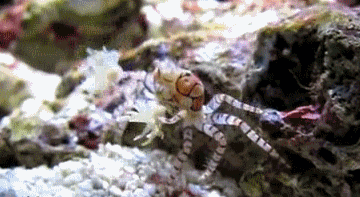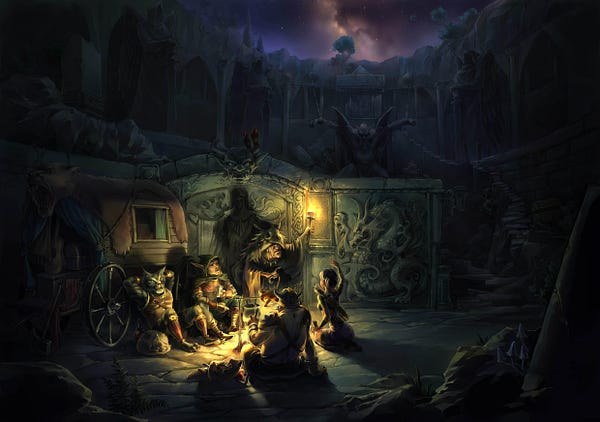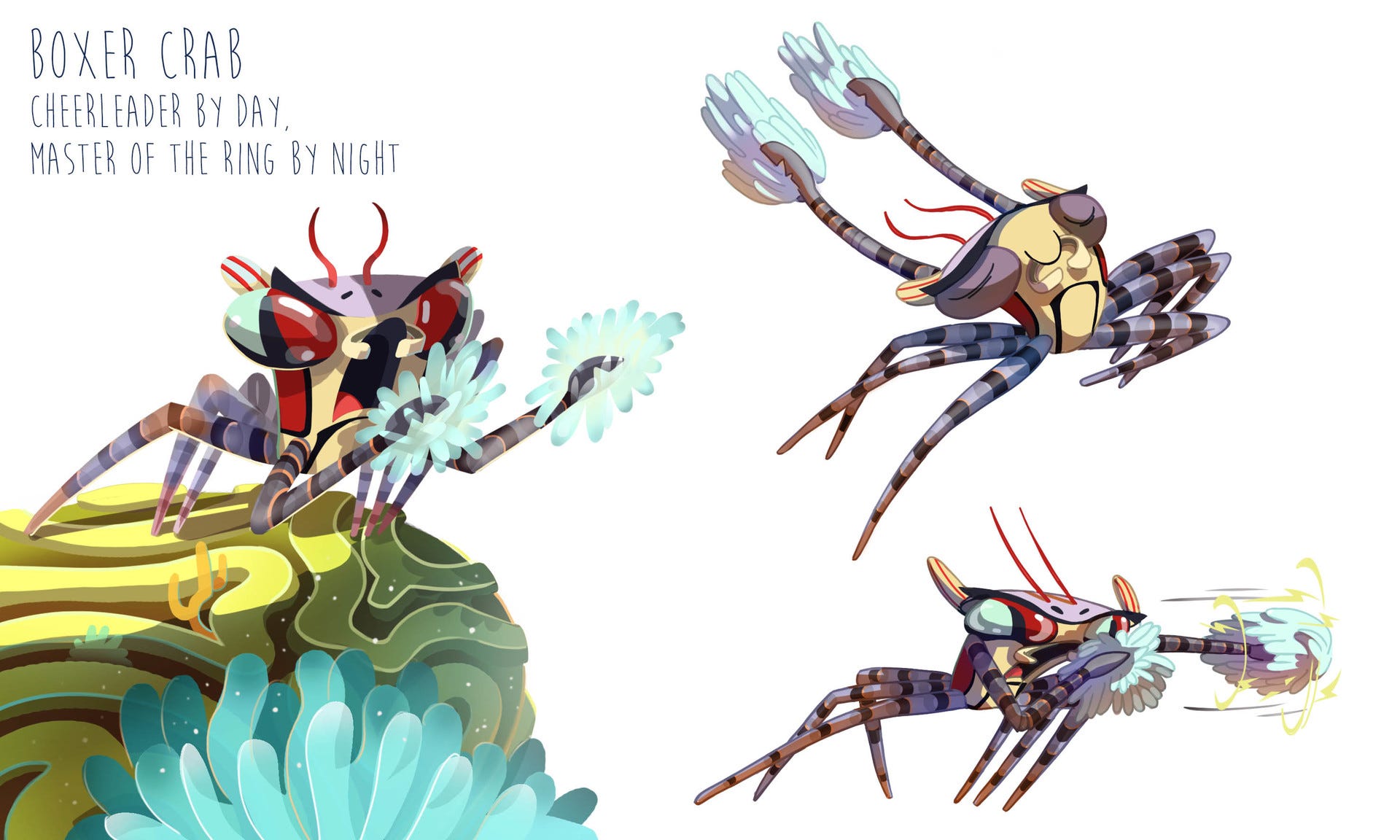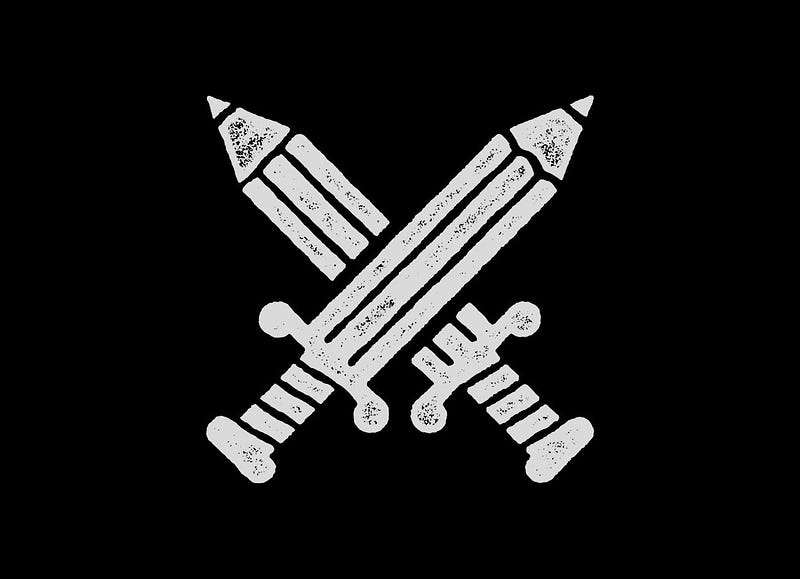“It is the long history of humankind (and animal kind) that those who learned to collaborate and improvise most effectively have prevailed.” — Charles Darwin
The cover image for today’s thought is the fascinating boxer crab (or pom-pom crab), yet another creature I learned about from my 9-year-old son. The boxer crab is an exemplar of symbiosis and collaboration.

The boxer crab collaborates with sea anemones in a win-win agreement by feeding the sea anemones in exchange for protection. Because it is a small creature, the crab uses the potent sting of the anemones both to ward off predators and to catch prey. The anemones serve as boxing gloves (or pom-poms) for the crab.
As Charles Darwin remarked those who learned to collaborate and improvise most effectively have prevailed. In this respect, humankind progressed based on collaboration, but for a moment in time (perhaps this one), we had lost our way, we tended towards competition rather than co-opetition and collaboration. I believe we are reawakening to the benefits of collaboration.
That is the focus of this Thursday Thought.

When humans settled and stopped our nomadic ways, we turned our attention towards agriculture, ownership and cities. A major technological advance to come 10,000 years ago with agriculture was the division of labour. As a consequence of the division of labour overall prosperity grew as we honed skills down to one focused ability. (Ironically specialisation will be most replaceable by AI in the future, I will explore that in a future Thursday Thought.)
A useful way to think of the growth in the division of labour is the origin of many of our family names. Last names weren’t widely used until we settled and populations grew. As you can imagine we found it increasingly necessary to be specific when we referred to other people. Names were like labels based on lineage, physical features and occupations. Regarding occupational identifiers, we created names like Baker, Fisher, Judge, Carpenter or Thatcher (Yes Maggie).
In contributing a specialised skill to our economy/society, everyone benefitted. Imagine what your surname might be if you had to develop many skills that you benefit from on a daily basis?
The concept of shared contribution towards end products is captured brilliantly by Leonard E. Read in the 1958 essay “I, Pencil”.
“I, Pencil”
Sorry Apple, Leonard Read got to this name back in 1958. Read’s essay poses a simple thought: A pencil is simple, but not a single person knows how to create a pencil alone. As Read says: “Pick me (the pencil) up and look me over…there’s some wood, lacquer, the printed labelling, graphite lead, a bit of metal, and an eraser.” Read goes on to describe the fascinating process of creating a pencil and the millions of human beings that have a hand in the creation of a pencil.
The lesson Read’s essay imparts is to “Leave all creative energies uninhibited. Merely organise society to act in harmony with this lesson. Let society’s legal apparatus remove all obstacles the best it can. Permit these creative know-hows freely to flow. Have faith that free men and women will respond to the Invisible Hand. This faith will be confirmed. I, Pencil, seemingly simple though I am, offer the miracle of my creation as testimony that this is a practical faith, as practical as the sun, the rain, a cedar tree, the good earth.”

The thought I would like to share is that we must learn from nature, we must realise that collaboration is the way to navigate our increasingly complex and volatile world.
Distribution of wealth is more vital than the accumulation of wealth and if our species is to survive, we all have a part to play. Just as there is no mastermind dictating or forcibly directing the countless actions which bring a pencil into being, there is no mastermind going to contribute or detract from our planet, we all need to contribute.
How we do so is our choice.
“Be the change you want to see in the world” — Mahatma Gandhi
On this week’s innovation show we welcome the author of “Train Your Head & Your Body Will Follow” Sandy Joy Weston, her book aims to guide us to redirect our thoughts in a positive, focused manner.
We talk:
- The importance of mind, body and spirit in fitness
- Motivation to change
- How our Why needs to be bigger than our Try
- Mirror work
- The influence of people around us
- Changing habits
- Self-talk and storytelling
- Loving yourself
- Overcoming criticism
- G.A.M.E. plan
- Journalling
- 7 deadly reasons we don’t work out
- The various approaches to fitness
- Changing our relationship towards food
- Guilt-free eating
- The H30 programme
Have a listen:
Soundcloud https://lnkd.in/gBbTTuF
Spotify http://spoti.fi/2rXnAF4
iTunes https://apple.co/2gFvFbO
Tunein http://bit.ly/2rRwDad
iHeart http://bit.ly/2E4fhfl
More about Sandy:

